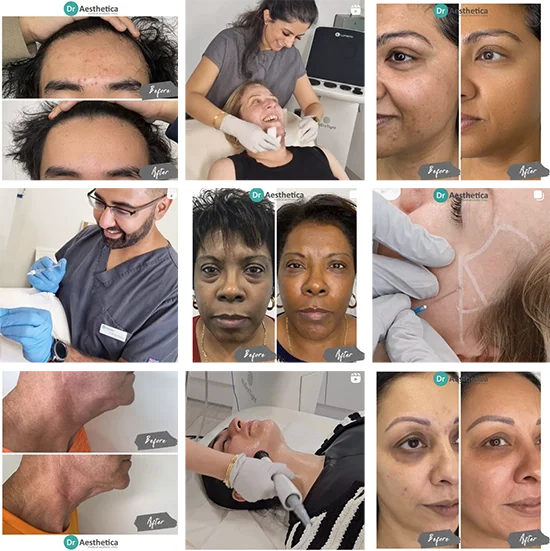What Exactly is Tinnitus and What Can Cause it?
Tinnitus is a condition that causes a person to perceive a ringing, buzzing, or other similar noise in their ears, even when there is no external sound present. A variety of factors, such as damage to the inner ear from exposure to loud noises, ear infections, or certain medications cause tinnitus. Age-related hearing loss, as well as underlying medical conditions such as high blood pressure, teeth clenching, cardiovascular disease, and diabetes are linked to tinnitus. In some cases, the exact cause of tinnitus is unknown.
The Link Between Teeth Clenching and Ear Problems
Teeth clenching (Bruxism) can cause a bunch of ear-related symptoms, including tinnitus, ear pain and even hearing loss.
The constant pressure and strain on the jaw and surrounding muscles can cause the muscles to spasm, this leads to changes in blood flow and nerve activity that can trigger tinnitus.
Teeth clenching can also cause ear pain. The muscles that control the jaw and ear are connected, and the strain and tension from teeth clenching can lead to discomfort in both areas. This pain may be felt as a dull ache or a sharp, stabbing sensation in the jaw and/or ear.
More serious ear problems, such as hearing loss, can also be caused by teeth clenching. The pressure and strain on the jaw can affect the delicate structures of the inner ear, leading to damage or changes in hearing.

This article was read and reviewed by the face of DR Aesthetica himself - DR Baldeep Farmah.
The Mechanisms Behind Teeth Clenching-Induced Tinnitus
Teeth clenching-induced tinnitus may occur due to the close relationship between the temporomandibular joint (TMJ), which connects the jawbone to the skull, and the structures of the inner ear. When you clench your teeth, the muscles of the jaw contract, causing pressure on the TMJ. This pressure can then radiate to the surrounding structures, including the ear canal and the structures of the inner ear.
The inner ear contains sensory cells that convert sound waves into electrical signals that the brain can interpret as sound. When the structures of the inner ear feel the pressure from teeth clenching, it can disrupt the normal function of these sensory cells and lead to tinnitus.
Teeth clenching can also cause changes in blood flow and oxygen supply to the ear. The increased muscle tension and blood pressure can affect the nerves and blood vessels in the ear, leading to tinnitus.
If you experience tinnitus, and have Bruxism, treatment of the underlying Bruxism may help ease symptoms.
Other Possible Causes of Tinnitus
While teeth clenching is a known factor in tinnitus development, there are other possible causes of tinnitus in patients with Bruxism. For example, TMJ disorders can cause tinnitus, as the temporomandibular joint is located close to the ear and can send sounds. Sinus issues and ear infections can cause tinnitus in patients with Bruxism as well as infections of the ear, such as otitis media or otitis externa, can cause tinnitus.
Trauma to the head or neck can also cause damage to the auditory system, leading to tinnitus.
Certain medications, such as antibiotics, diuretics, and chemotherapy drugs, can cause tinnitus as a side effect.
Exposure to loud noises, such as concerts, explosions, and heavy machinery, can damage the hair cells in the inner ear, leading to tinnitus.
How to Diagnose and Treat Tinnitus
If the tinnitus is related to teeth clenching, a medical professional may perform a thorough physical examination and review the patient's medical history to identify potential risk factors and rule out other causes of tinnitus.
If it is found that teeth clenching is the result of your Bruxism in order to relieve your symptoms and get rid of tinnitus you must treat the underlying Bruxism
You can view a list of potential treatments for Bruxism here.
However do you Want a treatment that:
- Lasts approximately 6 months?
- Only requires 24 hours of downtime
- Is so painless that it requires no anaesthetic
- Displays results by 4 weeks
Then a Botox treatment may be perfect for you! View more information on a Botox treatment here:


